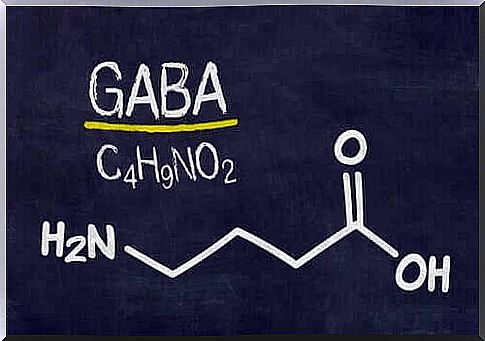The Neurobiology Behind Disappointment: The Longest Pain

The neurobiology behind disappointment gives us another example that there are certain aspects of our lives that the brain perceives in a particularly painful way. It is this that causes some people, for seemingly inexplicable reasons, to suffer longer than others when they miss an opportunity or lose confidence in someone.
Shakespeare used to say that expectations are the root of all broken hearts, and perhaps he was right. But it is also true that sometimes you may need to hold on to certain beliefs to find stability so that you do not break down when life feels insecure. This is one reason why one often thinks that one’s loved one could never in any way disappoint one.
One can also have certain expectations about oneself; maybe you assume that you will never fail with such things that you are usually very good at, and maybe you think that everything you have today will also be there tomorrow. But sometimes things take a turn, and the bubble bursts. When this happens, you lose some of your self-confidence, and this interprets the brain as a warning sign of one’s survival.
When you miss something that you were really expectant of, or your boss suddenly fires you, or your girlfriend betrays you, this obviously makes you experience pain. It is in a way an attack on everything that has been important to you. So what happens in the brain when this happens?

The neurobiology behind disappointment
There is more and more research on neurobiology behind disappointment due to an increased interest in this subject. Psychologists, psychiatrists and neurologists have for many years wondered why it is so painful to be disappointed. Of course, disappointment is also part of the personality of each individual.
Those who have been through it a number of times become distrustful. Disappointment reduces a little of the energy of hope, which can make you more careful about your expectations of others. However, something must happen in the brain for this experience to be so clear. Let’s see what science says about it.
Neurotransmitters and disappointment
Neurotransmitters are chemical substances that transmit signals to the nerves. Thanks to this neurochemistry, you have the ability to feel, think and behave in certain ways. An interesting fact is that it is very specific neurotransmitters that completely control your mood, including dopamine and serotonin.
An interesting study conducted by Roberto Malinow of the Department of Neuroscience at the University of California, San Diego, shows that feelings of disappointment are controlled by two specific neurotransmitters. These are glutamic acid and GABA, which are found in the midbrain.
The midbrain and the secretion of glutamic acid and GABA
The midbrain is one of the oldest parts of the brain. Among other things, we know that it is part of the emotional processes behind decision-making. But despite the fact that its main function mainly has positive effects by increasing motivation, it also has a “dark side”.
For it to work properly, the secretion of glutamic acid and GABA must be balanced and correct. So the greater the flow of a neurotransmitter to the midbrain, the stronger the feeling of disappointment. Conversely, the lower the secretion of GABA and glutamic acid, the less this sensation affects the brain.

Depression in relation to the neurobiology behind disappointment
Roberto Malinow also pointed out another important issue on this subject. There is evidence that the effects of long-term disappointment in many cases lead to depressive disorders. This means that when there is an intense secretion of GABA and glutamic acid in the brain, the risks are higher that you suffer from this disorder.
High activity in the midbrain caused by excessive secretion of these neurotransmitters also causes the patient to become obsessed with certain thoughts, memories, or old painful experiences. It becomes more difficult to move on, and it is at this stage that one begins to experience emotional stagnation and pain.
But the discovery of the relationship between glutamic acid and GABA on disappointment and depression also opens the door to new treatments. Not so long ago , the general belief was that antidepressants and serotonin regulation could help balance the relationship between GABA and glutamic acid. But now it is clear that although it leads to an improvement, it can still mean various side effects.
Therefore, the challenge now is to develop a treatment that works specifically on some transmitters but not on others. In this way, doctors can give the right answers to those patients who, due to various neurochemical changes, experience certain situations more intensively. As you may notice, the neurobiology behind disappointment is a very interesting subject.









